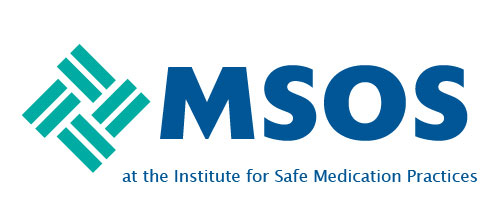My hospital system over the past 6 months has had increased attention around dangerous medications possibly found in the community and their risk to health care providers (Carfentanil, other synthetic medications that can cause overdose from touch exposure). This issue has been combined with a more recent issue of illicit medications that are being packaged to look identical to prescription medications (Example: Heroin being pressed to look like Percocet).
The combination of these issues has brought great concern to how we handle and use patient own medication while the patient is admitted to the hospital and the storage of these medications while the patient is admitted if they are not being used.
Our policy overall, is that medications are sent home with family after a medication history is completed. If that is not possible, the medication is placed in a sealed security bag and stored in the pharmacy during the admission and returned through a number receipt process at discharge. We do not allow patients to use their own medication while inpatient, with few exceptions including investigational, implanted pump, or if the pharmacy is not able to obtain and discontinuing the medication would cause harm to the patient. These medications are required to be identified by the pharmacist prior to use and labeled as such with a barcode placed for scanning.
We are working on a policy and procedure for handling unidentified substances (we do not want health care providers to bring these medications to the pharmacy). However, does anyone have a policy that covers protection of health care employees while handling and identifying patient own medications, additional precautions, concerns with storage, etc?
Thanks.
Kim

